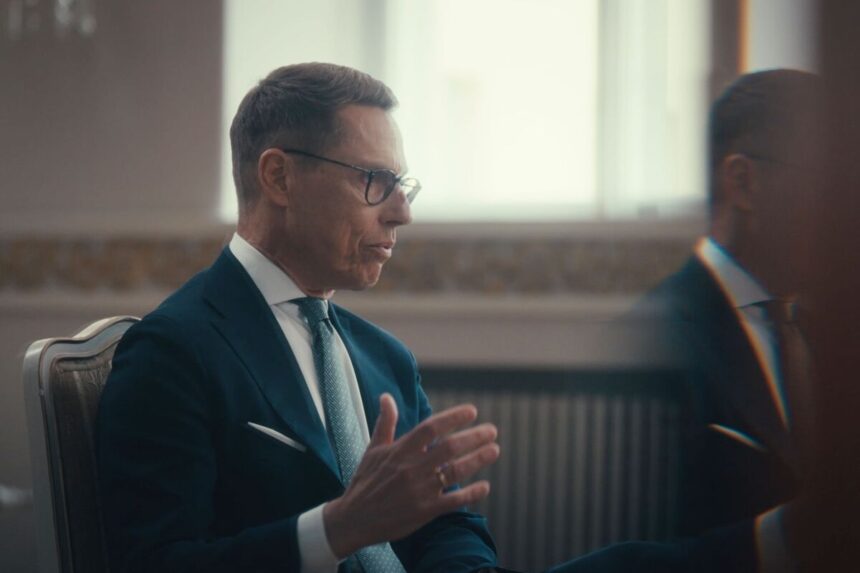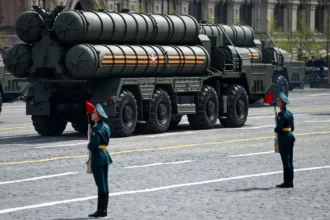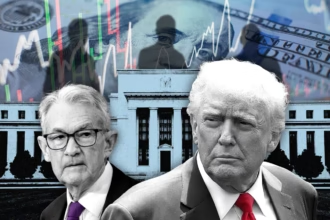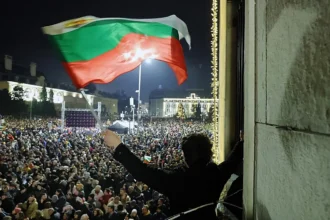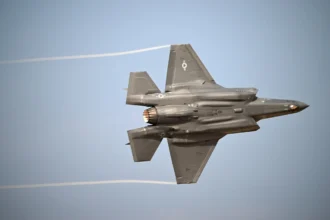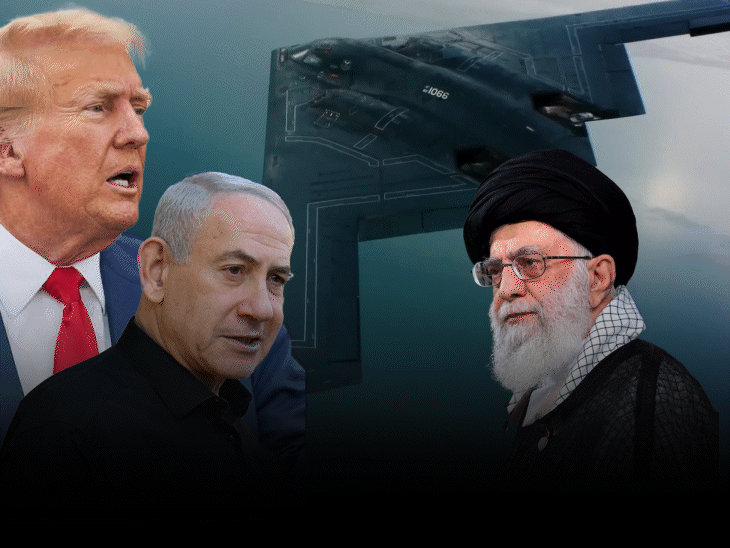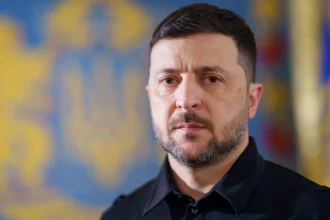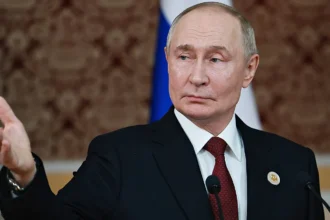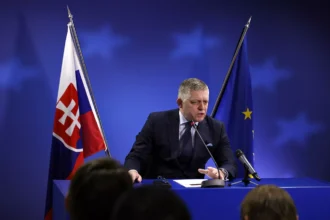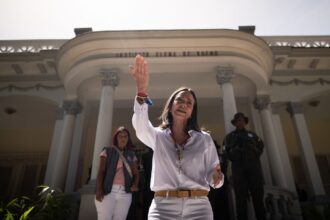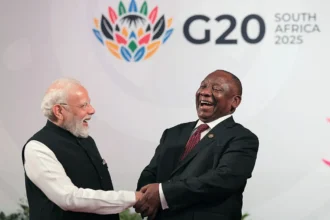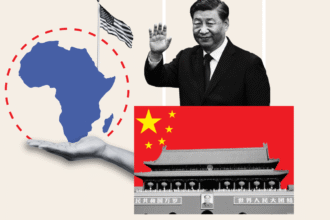In an era where traditional diplomatic channels often yield limited results, Finland’s President Alexander Stubb has pioneered a unique approach to international relations—leveraging the informal setting of a golf course to engage with U.S. President Donald Trump. This unconventional strategy has not only strengthened Finland’s ties with the United States but also positioned Stubb as a key European interlocutor in American foreign policy discussions.
The Genesis of Golf Diplomacy
President Stubb, a former national-level golfer, has long recognized the potential of golf as a diplomatic tool. His initiative took shape in March 2025 when he accepted an invitation from U.S. Senator Lindsey Graham to join President Trump for a round of golf at Trump’s Mar-a-Lago estate in Florida. The meeting was strategically timed to coincide with a broader diplomatic push concerning the ongoing conflict in Ukraine.
During their time on the course, Stubb engaged Trump in candid discussions about European perspectives on the war. Notably, he emphasized the unreliability of Russian President Vladimir Putin, advocating for stronger sanctions and a more assertive U.S. stance in support of Ukraine. Trump, known for his direct communication style, reportedly appreciated Stubb’s forthrightness and the opportunity for an unmediated exchange of views.
Building Personal Rapport
The golf outing proved to be more than a mere recreational activity; it served as a platform for building personal rapport between the two leaders. Trump publicly lauded Stubb as a “very good player” and expressed admiration for his diplomatic acumen. This positive interaction laid the groundwork for subsequent engagements, including a private meeting at the White House in August 2025, where Stubb participated in high-level discussions on Ukraine alongside other European leaders.
Stubb’s ability to connect with Trump on a personal level has been instrumental in facilitating open lines of communication between the U.S. and Europe. His approach contrasts with that of other European leaders, who often rely on formal diplomatic channels and written briefs. Instead, Stubb has utilized informal settings to foster trust and convey Europe’s strategic priorities directly to the U.S. leadership.
Strategic Outcomes
The impact of Stubb’s diplomatic efforts extends beyond personal relationships. His interactions with Trump have contributed to a shift in U.S. policy towards a more proactive role in European security matters. For instance, following their discussions, Trump expressed increased frustration with Putin’s actions and signaled a willingness to consider additional sanctions on Russia if the conflict in Ukraine persisted.
Moreover, Stubb’s advocacy for a clear deadline for a ceasefire in Ukraine, specifically suggesting April 20, 2025, as a target date, resonated with Trump. This proposal aligned with Trump’s desire for tangible outcomes and helped catalyze discussions on establishing concrete timelines for peace negotiations.
The Role of Informal Diplomacy
Stubb’s success underscores the growing importance of informal diplomacy in contemporary international relations. By engaging in personal interactions outside traditional diplomatic settings, leaders can bypass bureaucratic hurdles and engage in more candid exchanges. This approach has proven effective in bridging gaps between differing political cultures and fostering mutual understanding.
The use of golf as a diplomatic tool is not unprecedented; however, Stubb’s consistent and strategic application of this method has set a precedent for future diplomatic endeavors. His ability to navigate the complexities of international relations through personal engagement highlights the evolving nature of diplomacy in the 21st century.
Conclusion
President Alexander Stubb’s innovative use of golf to engage with former President Donald Trump exemplifies the potential of informal diplomacy to achieve substantive outcomes in international relations. By prioritizing personal connections and direct communication, Stubb has not only enhanced Finland’s standing on the global stage but also contributed to shaping U.S. foreign policy in a pivotal region. As global challenges continue to evolve, Stubb’s approach may serve as a model for future diplomatic initiatives that seek to blend personal rapport with strategic objectives.

